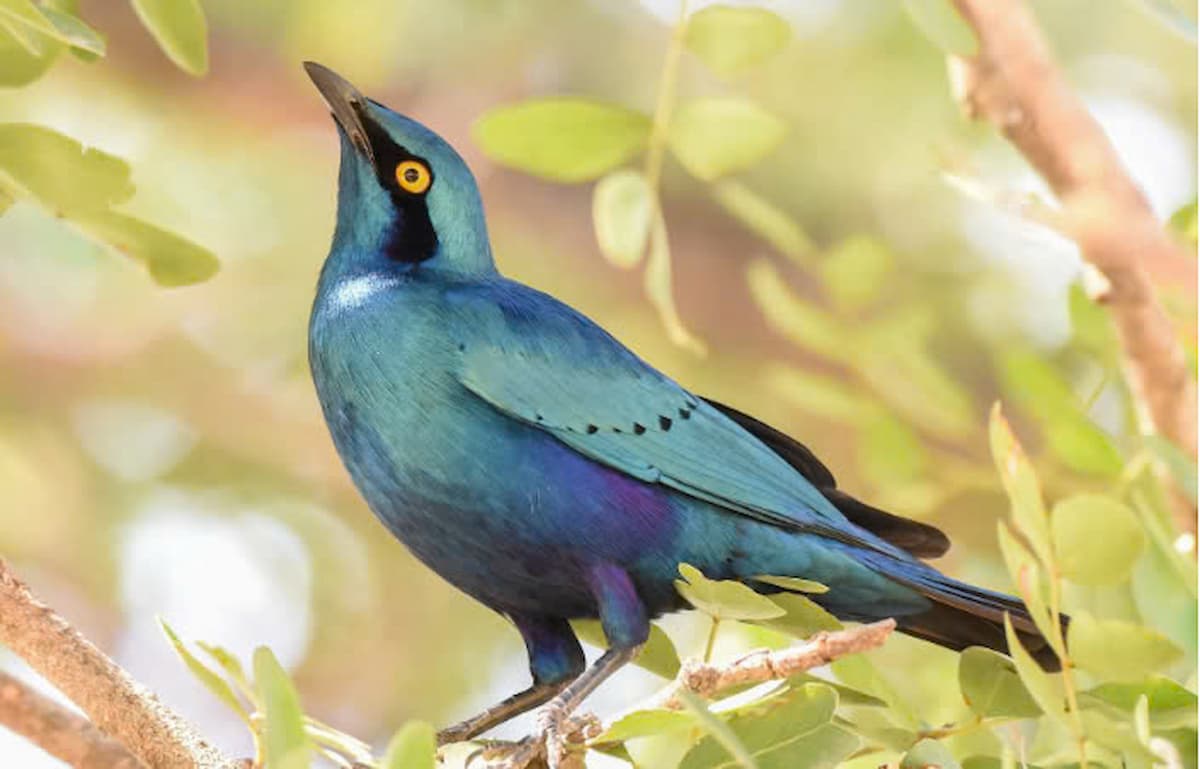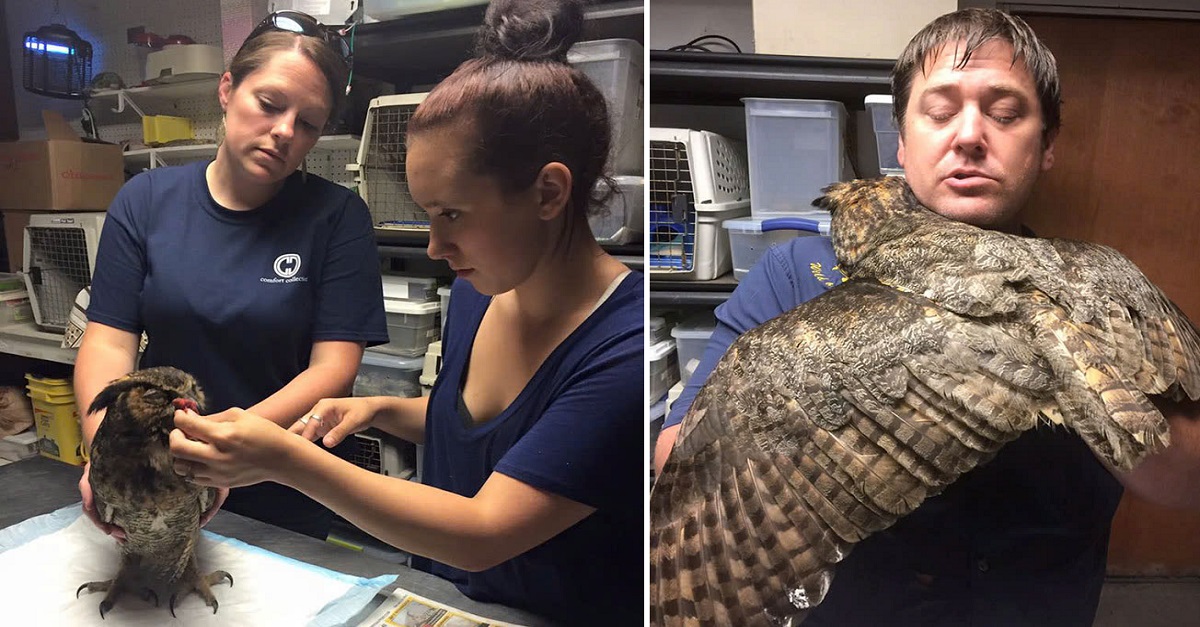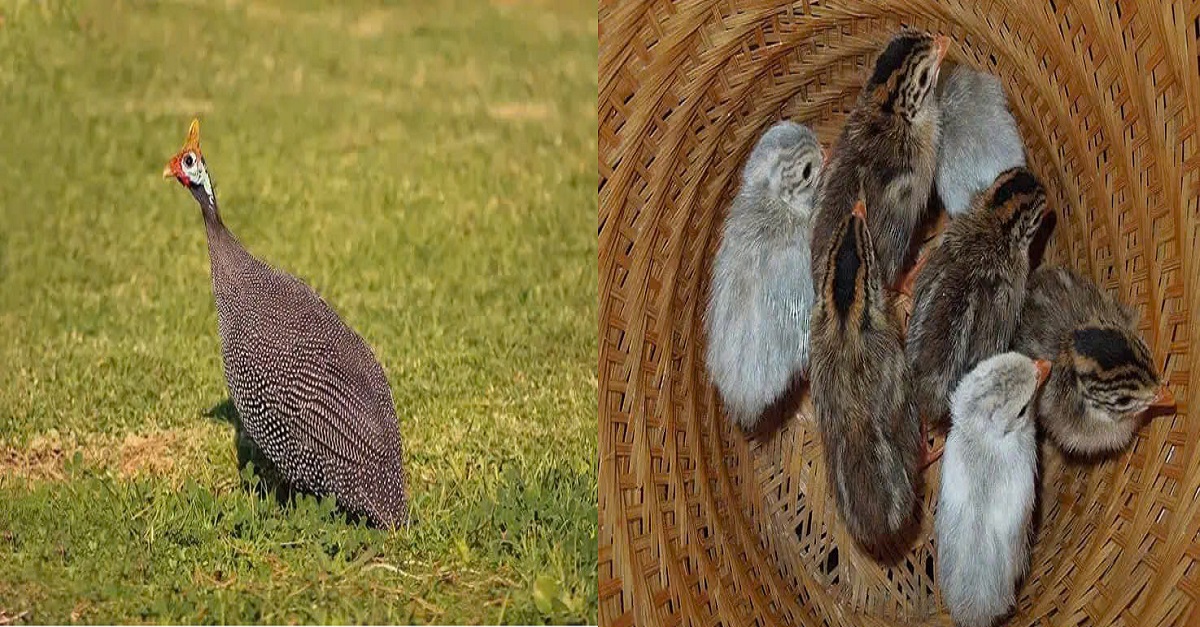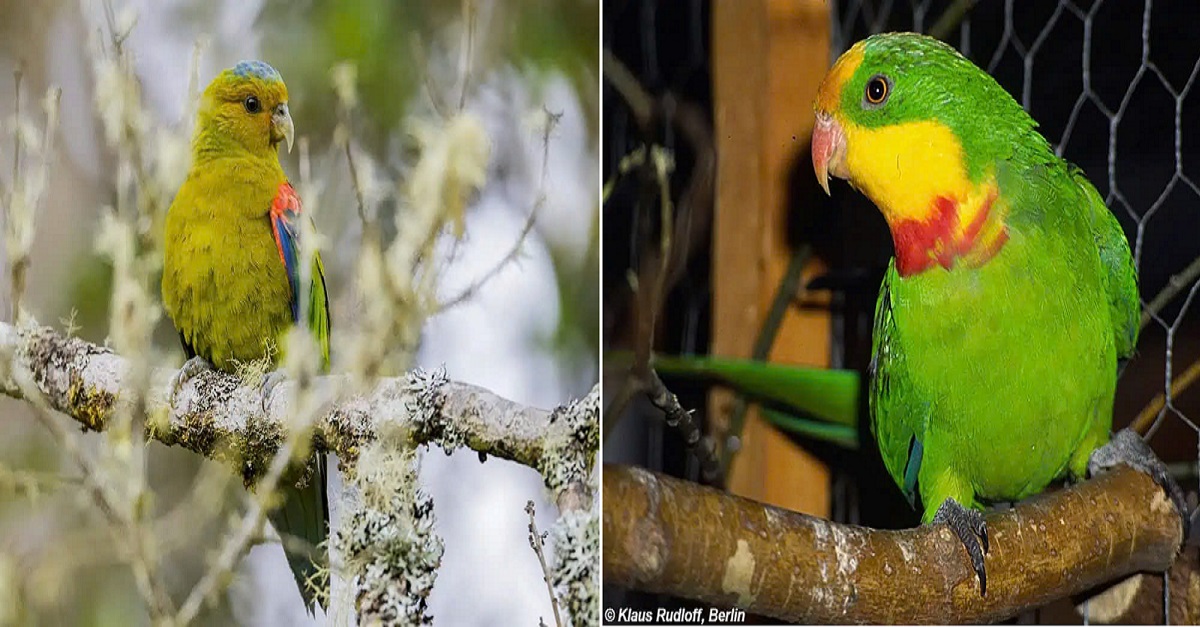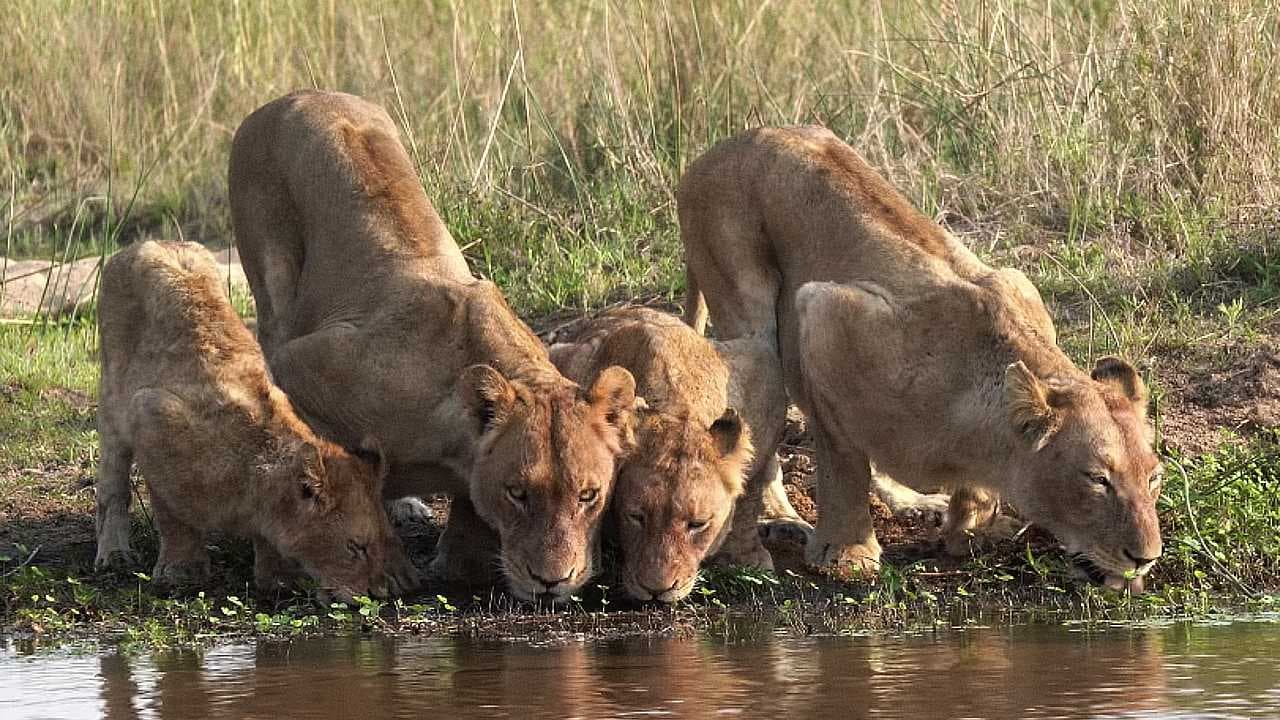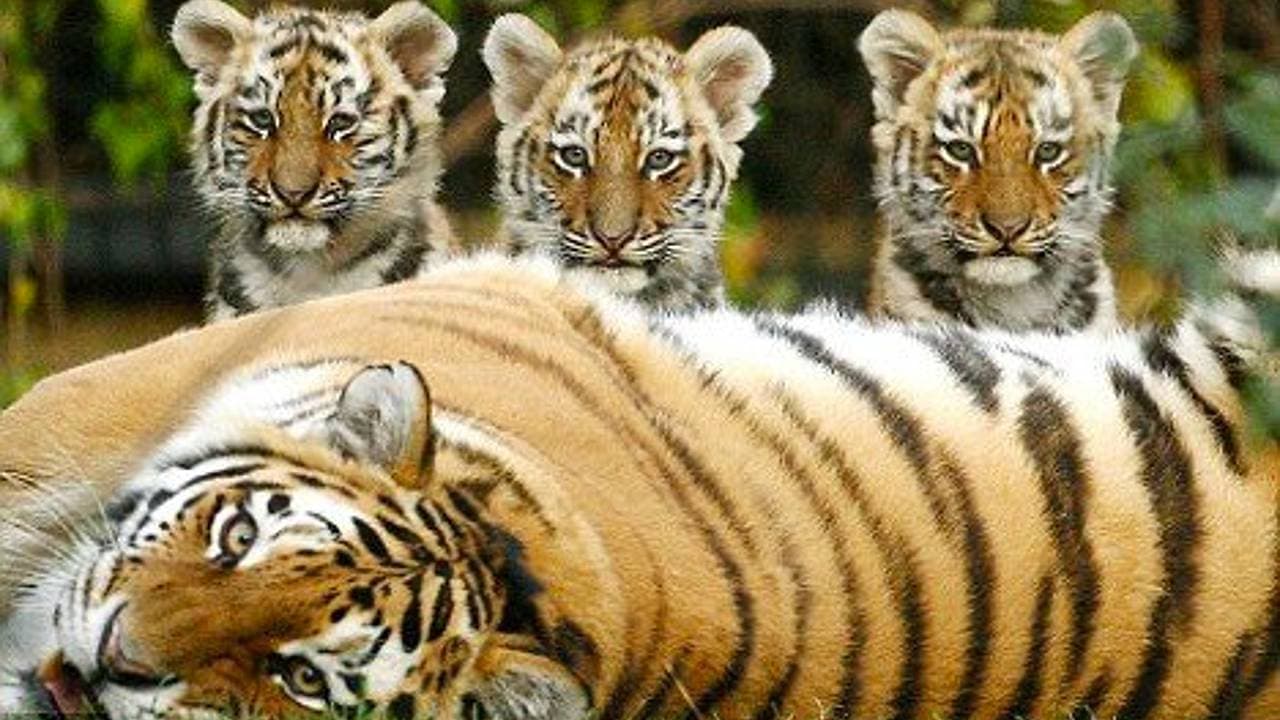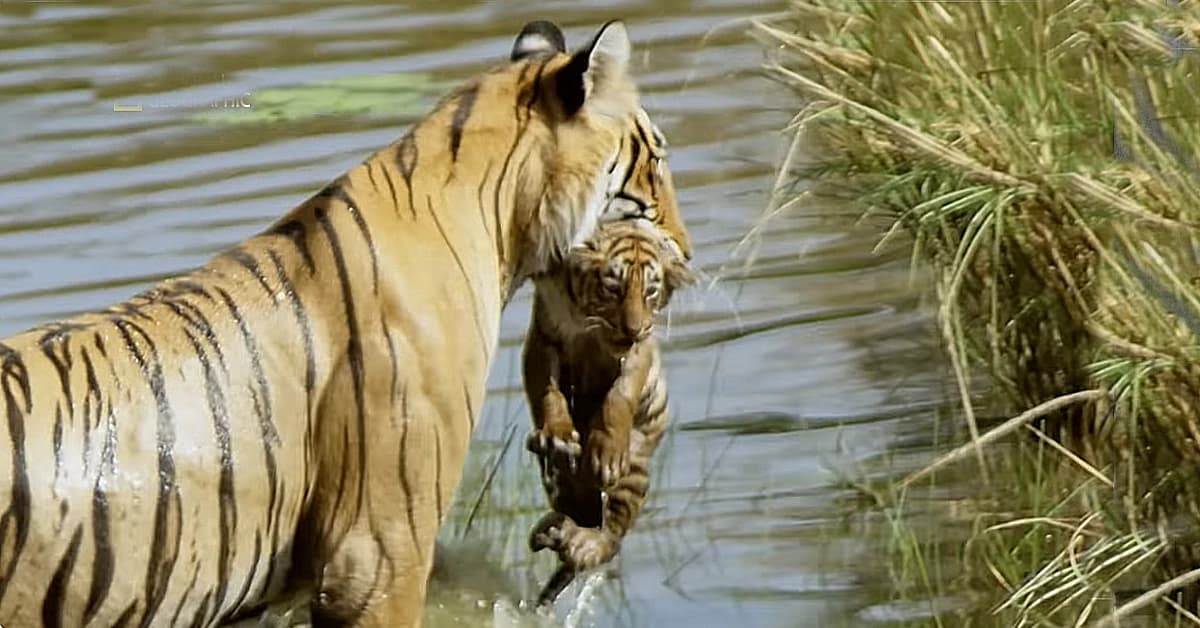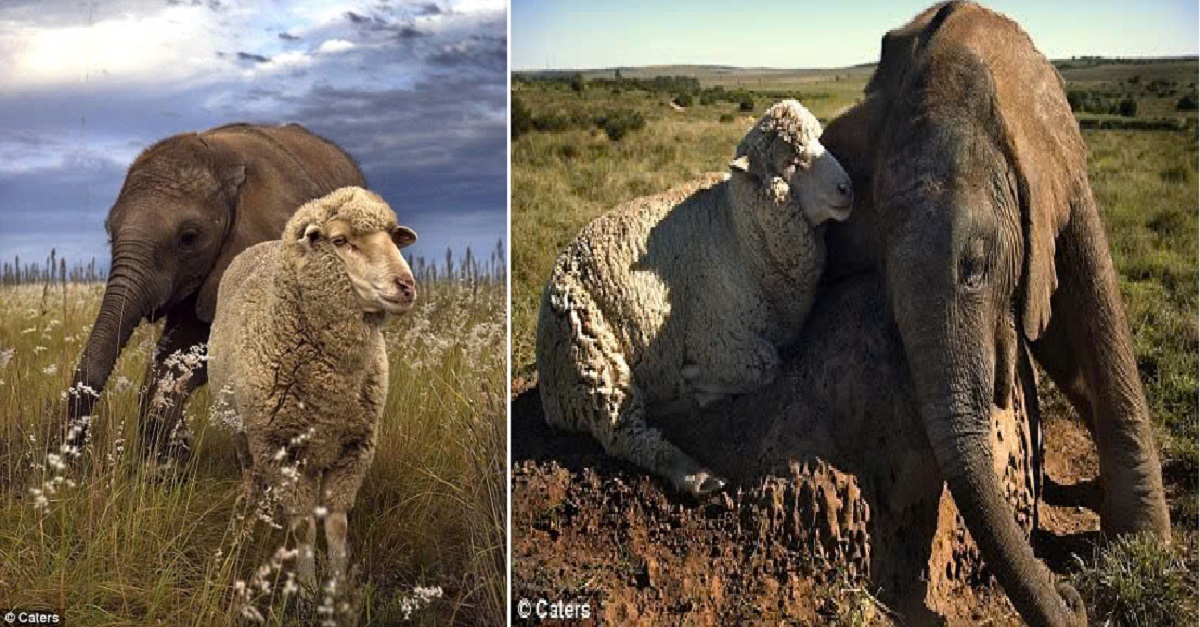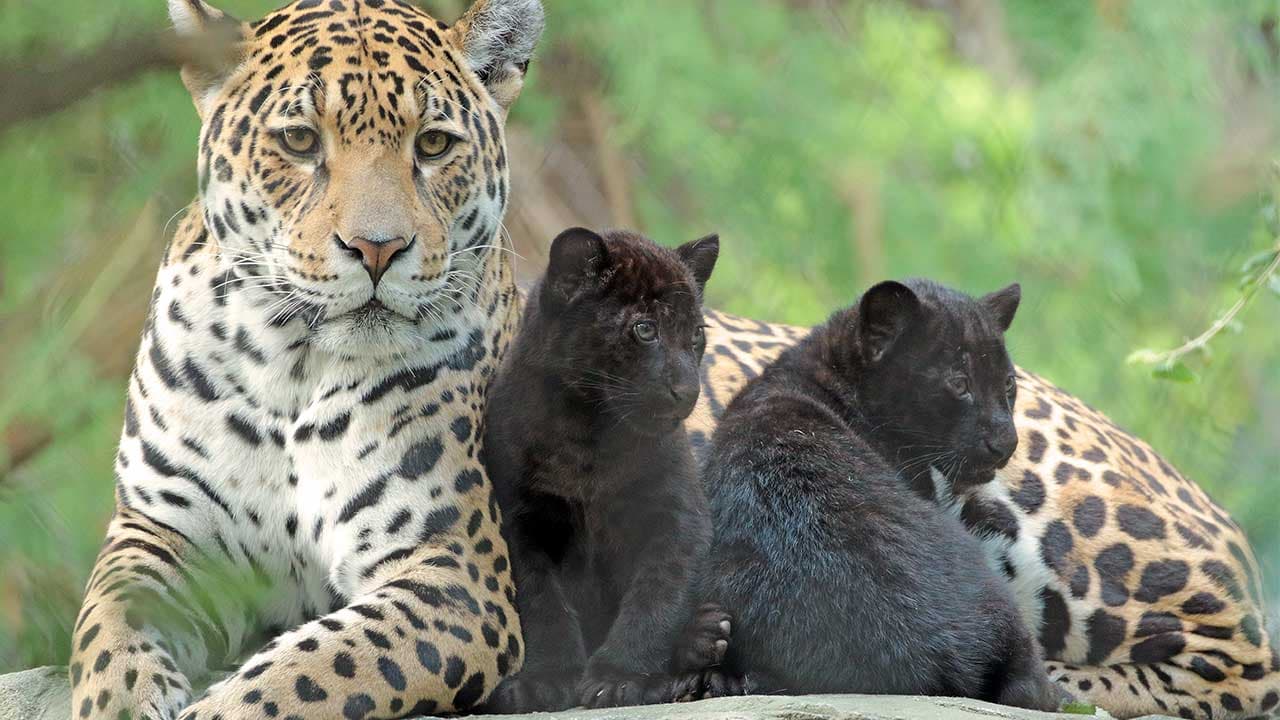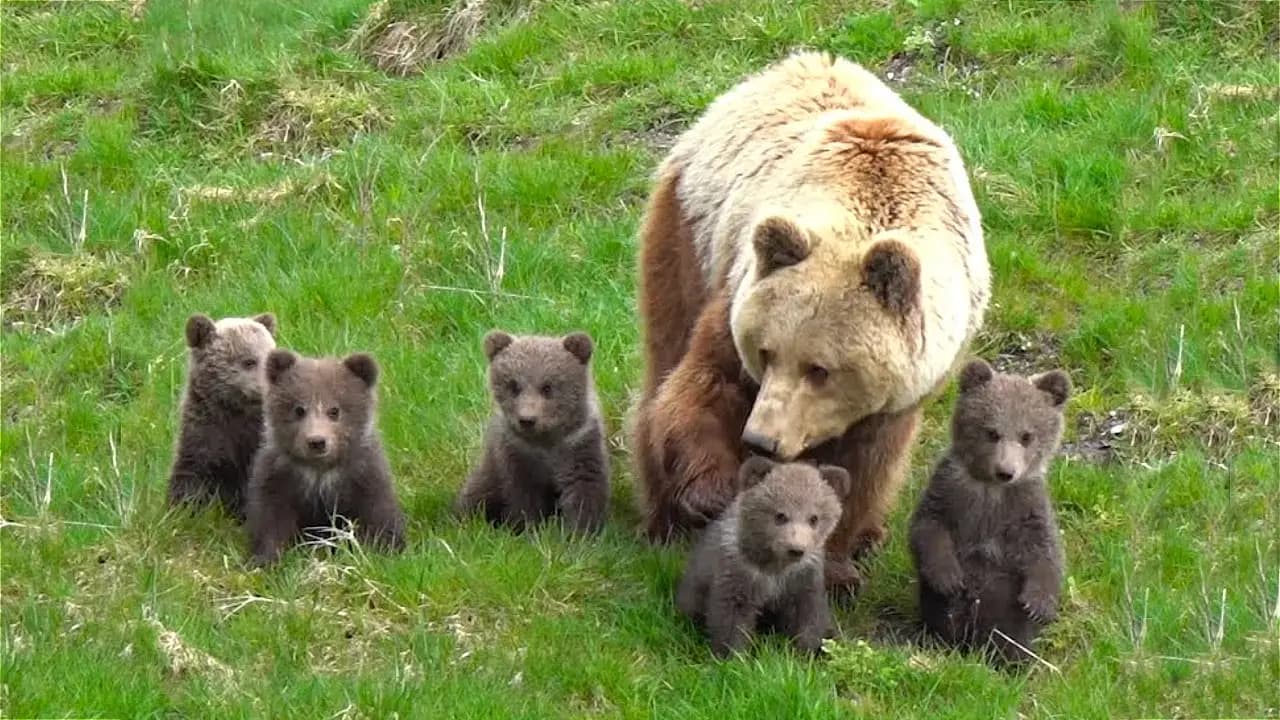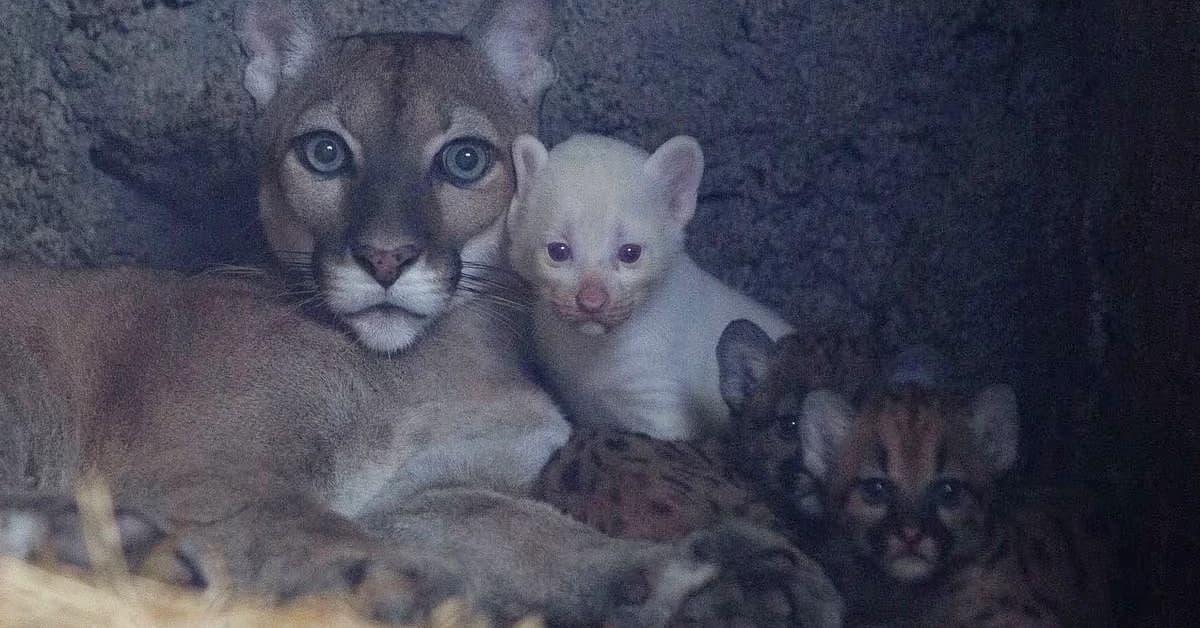A newborn elephant, just six days old, was found abandoned in the wilderness of China and treated for a severe umbilical infection. The male calf was discovered alone in the Xishuangbanna region of Yunnan Province, having been abandoned by its herd.
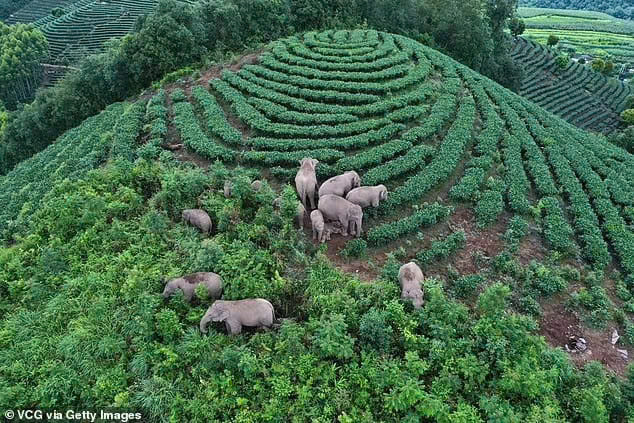
This isn’t the first time elephants have been separated from their herds in Yunnan. In a previous incident, an elephant became lost while migrating far from its natural habitat, near the Myanmar border. This journey attracted significant attention online. Regarding the recent rescue, a team member shared with CCTV: “When we arrived on-site, we noticed that the calf’s umbilical cord was infected.” Bao Mingwei, director of the Asian Elephant Rescue and Breeding Center, further explained the treatment process: “We administered anti-inflammatory drugs to combat the infection around the umbilical cord and took necessary measurements like body temperature and heart rate.”
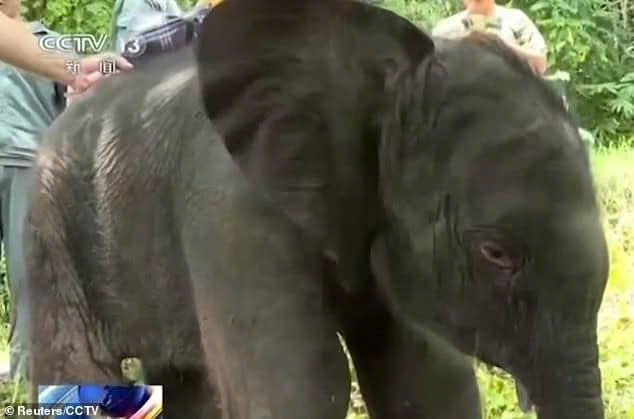
The calf was then taken to the rescue center for additional care, as shown in footage broadcasted on state television. The initial clips depicted an elephant herd grazing by the river, but the focus quickly shifted to rescuers and veterinarians caring for the now healthy lone calf. After receiving medical treatment, the calf was able to stand and was transported to a truck for transfer to the rescue center.
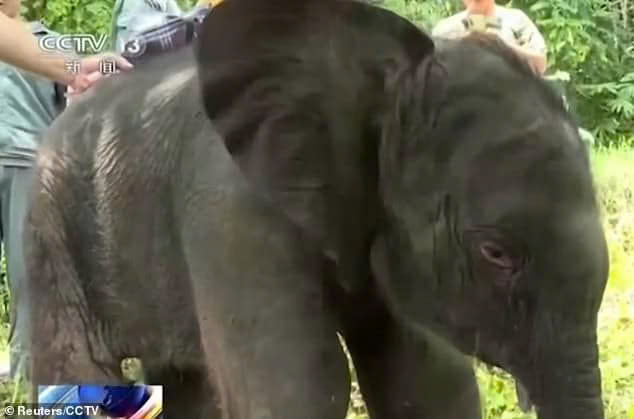
Thanks to ongoing conservation efforts in Yunnan, the population of native elephants in China has doubled over the past decade. However, their habitats are shrinking as the tropical forests of Xishuangbanna make way for plantations of bananas, tea, rubber, and raw materials for traditional Chinese medicine. Asian elephants are one of three remaining species, alongside African forest elephants and African savanna elephants. They can be found scattered throughout the Indian subcontinent and Southeast Asia, from India in the west, Nepal in the north, Sumatra in the south, and Borneo in the east.
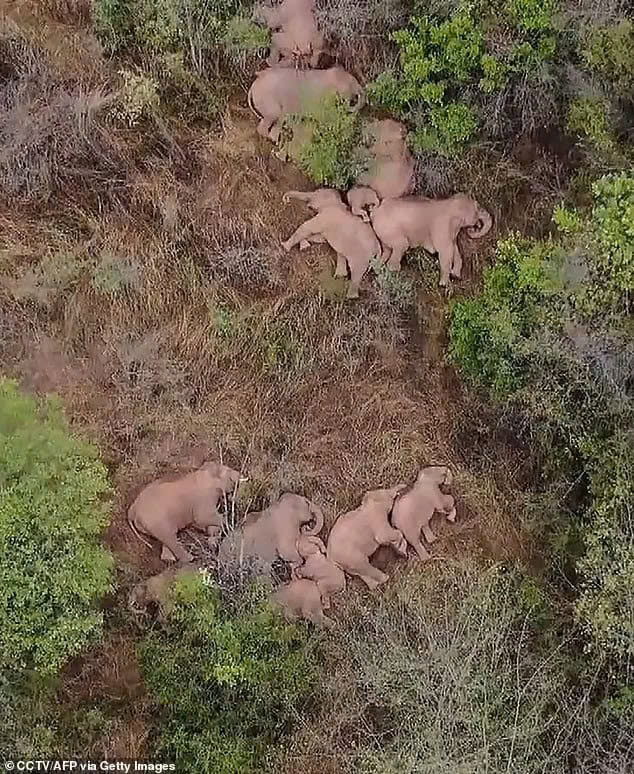
In an unusual incident last month, another elephant herd embarked on a 300-mile journey that lasted 17 months before finally returning home. The journey of these 14 Asian elephants, including the birth of two calves and causing significant damage along the way, captured global attention and left scientists puzzled.

